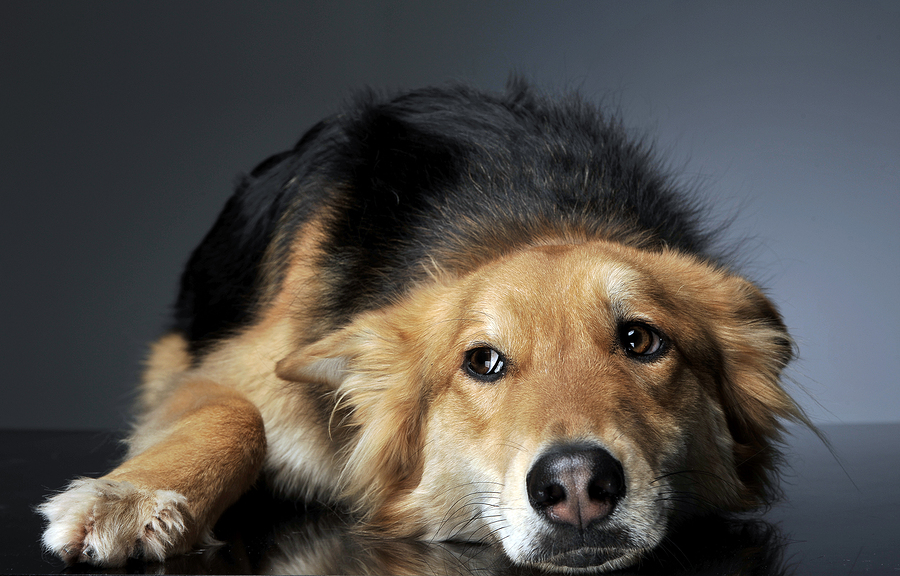What’s single-celled, ancient, and can make your dog or cat pretty sick — but might also infect them without causing any symptoms at all? The answer is coccidia, and here’s what I told a reader who wrote asking me about it.
Q: I took in a fecal sample for my 9-year-old dog, and the results showed that she had coccidiosis, even though she didn’t have any symptoms. What can you tell me about that?
A: Coccidia are single-celled protozoa. (Interestingly, the word protozoa means “first animals.”) Four different species can infect dogs: Cystoisospora canis, Cystoisospora ohioensis, Cystoisospora neorivolta and Cystoisospora burrowsi.
Dogs can become infected with coccidia by swallowing soil or eating feces that contain the parasites. Dogs can also acquire coccidia by eating infected animals. Once inside the dog’s body, coccidia inhabit the intestinal wall. Statistically, anywhere from 3 percent to 38 percent of dogs are harboring coccidia.
Infection with coccidia is common in dogs (and cats). Veterinarians usually see coccidia in puppies, but older dogs like yours can also become infected. In puppies, infections can be severe, causing appetite loss, lethargy, bloody diarrhea and vomiting. It can even be fatal. Older dogs may not show any signs at all.
Medication is available to treat coccidia. Your senior dog doesn’t have signs, which is great, but she is probably shedding oocysts, which are how protozoa multiply.
The best way to prevent coccidia is to clean feces from your yard as soon as your dog deposits them, and to prevent your dog from eating the poop of other animals. Lots of dogs love eating poop from other dogs, cats, deer, bunnies and poultry.
People with new puppies should take them in right away with a stool sample to make sure they aren’t infected and to get treatment for them if they are.
By the way, you don’t have to worry about getting coccidia from your dog or cat. Dogs and cats can’t transmit their coccidia to each other or to humans.
Read more, including what to do about feline litter box woes, in this week’s Pet Connection!


